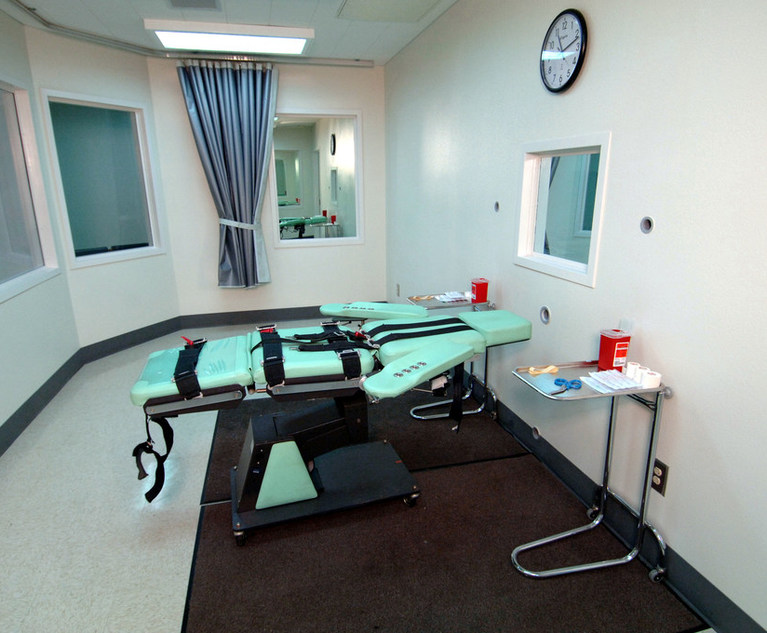Two recent New Jersey Supreme Court opinions again raise the challenge of finding the appropriate remedy for continuing prosecutorial misconduct in summations. In State v. Garcia, 245 N.J. 412 (2021), the court reversed an aggravated assault conviction because in summation the prosecutor took advantage of a mistaken evidentiary ruling by “advance[ing] an argument he knew to be untrue.” Id. at 434. The judge had incorrectly precluded a video showing defendant’s family approaching the police at the scene to tell them what they had seen. “In summation, the prosecutor exploited the suppression of the video to present a false narrative,” arguing that the family did not approach the police at the scene, but rather concocted that story to help defendant at trial. Id. at 417.
Justice Albin wrote: “That the prosecutor’s remarks may have been the product of the surprise production of the video that morning coupled with overzealous advocacy in which he was carried by the current of the moment cannot excuse the purposeful presentation of a fiction to the jury.” Id. at 435. Justice Albin reminded us: “In representing the State in a criminal action, the prosecutor is endowed with a solemn duty—to seek justice, not merely to convict. In fulfilling that duty, a prosecutor must refrain from making inaccurate factual assertions to the jury and from employing improper methods calculated to produce a wrongful conviction.” Ibid. (citations and quotation marks omitted). The court was “mindful of the charged atmosphere of a trial that summons the competitive instincts of the advocates,” but “a trial is not a gladiatorial contest” and prosecutors must “adhere to the high ethical standards of their office.” Ibid.


 Credit: garagestock / Shutterstock.com
Credit: garagestock / Shutterstock.com




